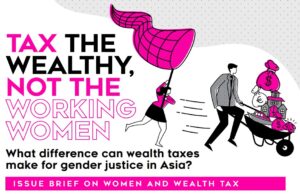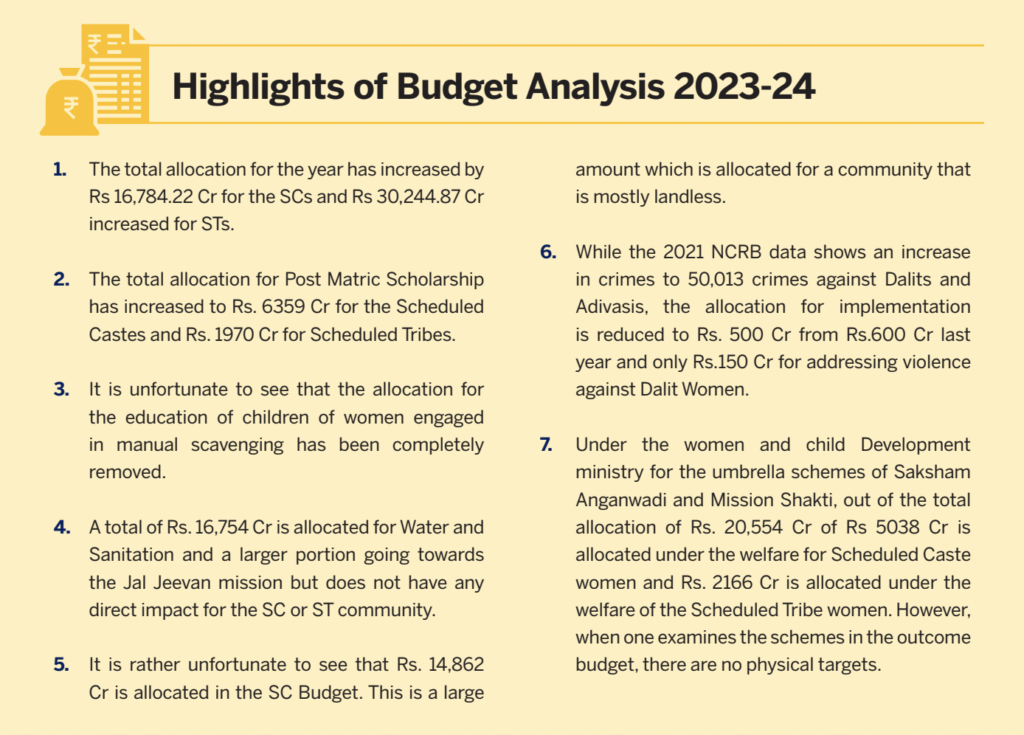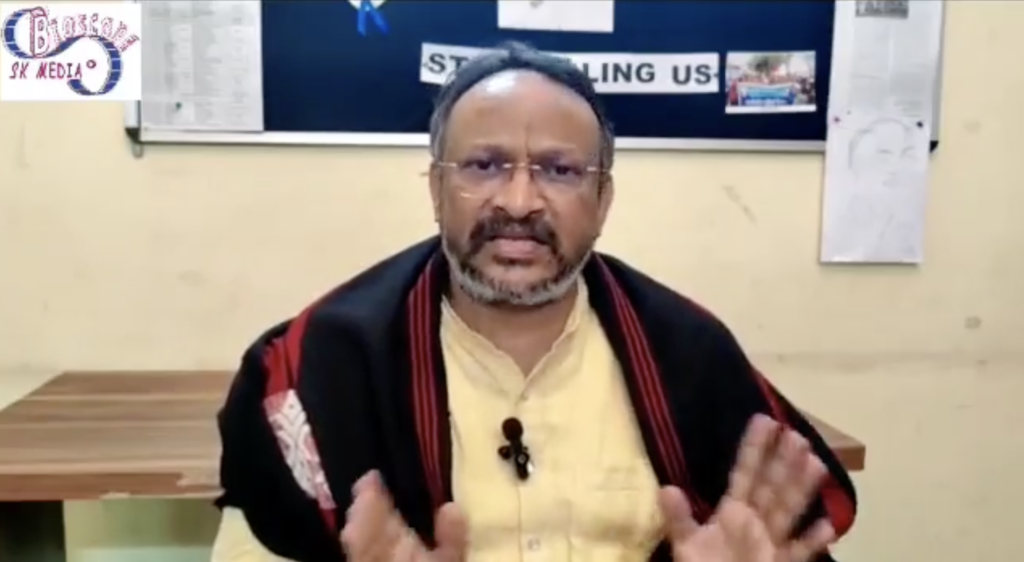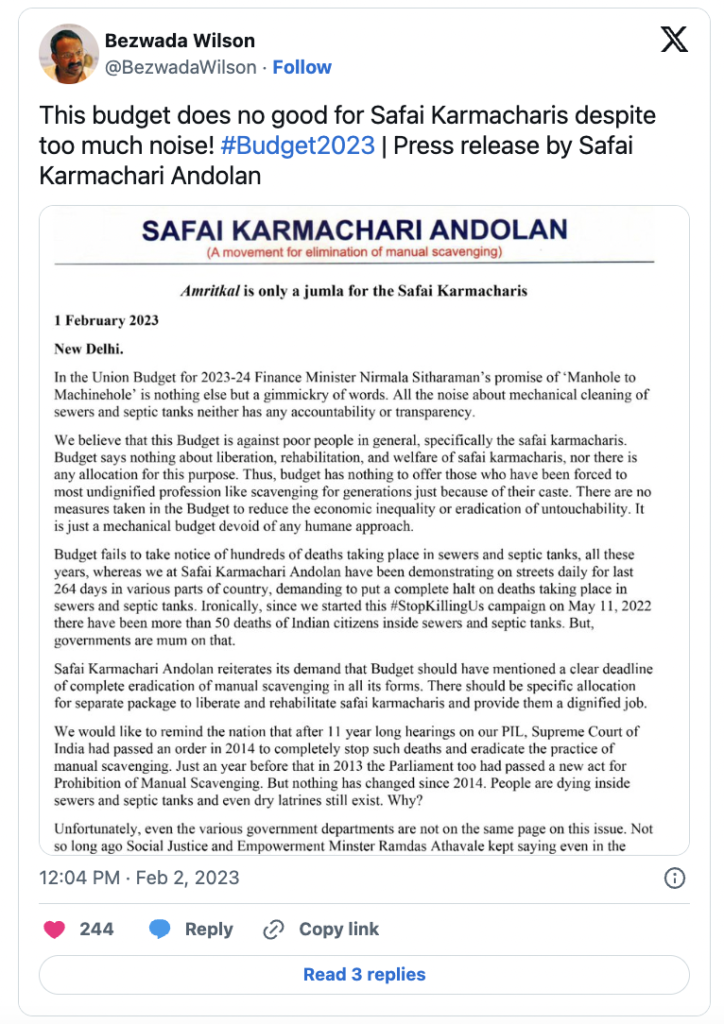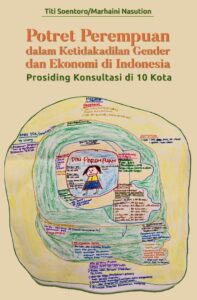In 2024, Solidaritas Perempuan recorded the experience of collective resistance and the layered situation of women against structural impoverishment through a Advocacy Annual Report (catahu). Catahu is recorded and documented with the Solidaritas Perempuan community as an effort to voice the situation and various feminist initiatives continuously and consistently to encourage the recognition and fulfillment of women’s rights.
The track record of women’s resistance stories is expected to foster a spirit of solidarity in waging collective resistance. In addition, Catahu 2024 can also contribute as a strategic document to support the advocacy work of Solidaritas Perempuan in realizing women’s human rights and equality in various domains amid layers of oppression due to the global economic power paradigm and the patriarchal political system that impoverishes women.
The National Executive Board of Solidaritas Perempuan expresses its highest appreciation to women at the grassroots level who have consistently remained in the line of resistance. In addition, we also express our gratitude to all administrators, members, and activists of Solidaritas Perempuan who continue to tirelessly maintain solidarity in strengthening and expanding the feminist political movement of the Solidaritas Perempuan.



